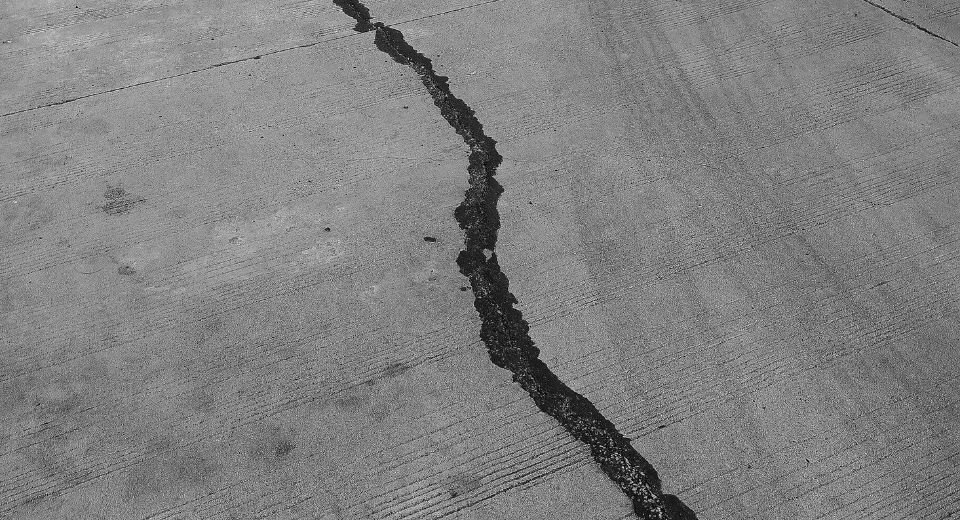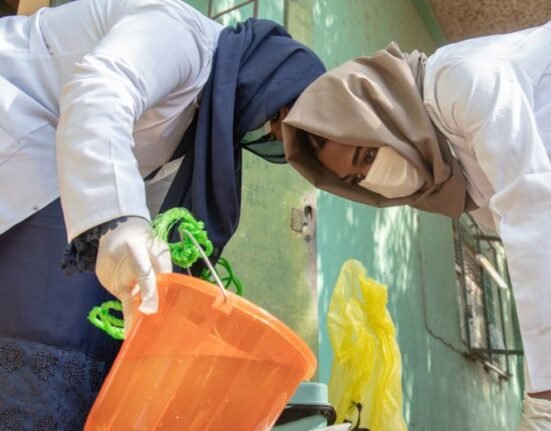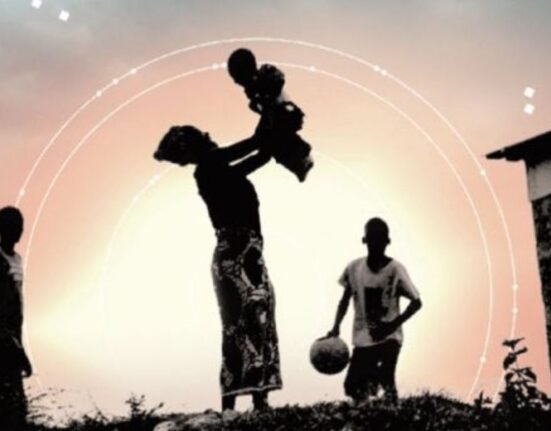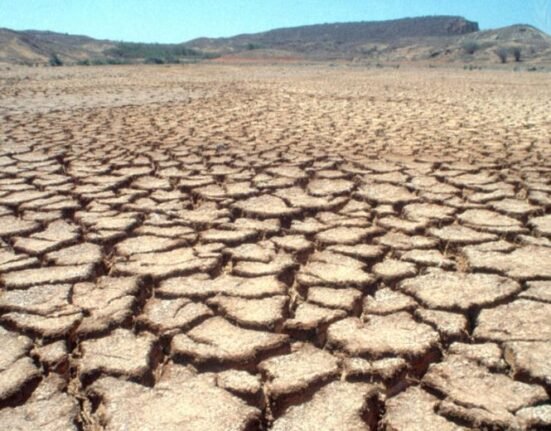HQ Team
February 8, 2023: Time was running out for the survivors of the earthquakes that struck Turkey and Syria as health agencies and organisations called for urgent funds and humanitarian aid to assist internally displaced, refugees and the injured.
More than 5,000 people were killed and 22,000 injured after a 7.8 magnitude trembler struck close to the southern city of Gaziantep early in Turkey on February 6, followed by another 7.5 magnitude quake hours later.
According to the government, at least 3,381 people died, and more than 20,000 were injured. About 6,000 buildings have reportedly collapsed in the country, according to Jens Laerke, spokesperson for the UN Office for the Coordination of Humanitarian Affairs (OCHA).
Nearly 8,000 people have been rescued, according to Turkey’s Disaster and Emergency Management Authority.
UN fund
The UN relief chief and head of OCHA, Martin Griffiths, announced Tuesday afternoon that the UN was releasing $25 million from the Central Emergency Response Fund to provide urgent support across the region.
“As the people in the region deal with the devastating consequences of this tragedy, we want to tell them that they are not alone…The humanitarian community will support them in every step of the way out of the crisis,” Laerke said.
Syria’s needs are massive, the OCHA said. At least 769 deaths and 1,448 injuries were from the earthquakes in Aleppo, Latakia, Hama, Idlib countryside and Tartus. There were more than 200 aftershocks.
“This, of course, came at the worst possible time for many, many vulnerable children in those areas who were already in need of humanitarian support,” said James Elder, spokesperson for the UN Children’s Fund.
The Syrian government, led by President Bashar-al-Assad, faced an unprecedented challenge to its authority when pro-democracy protests erupted throughout the country in March 2011. It expanded to a full-fledged civil and sectarian war.
Opposition areas in Syria
Of concern were those who live in opposition-held areas in the northwest of the country, often after being forced to flee their homes multiple times because of heavy fighting, according to a UN statement.
“It was already an emergency across northwest Syria where four million people received humanitarian support. Communities there are grappling with the cholera outbreak, a brutal winter and, of course, the ongoing conflict,” said Elder.
In some of these affected provinces in Turkey, 50% of people are now refugees.
In Syria, the earthquake emergency was a “hammer blow” for the displaced populations who have no work and whose savings have been exhausted, said United Nations High Commissioner for Refugees spokesperson Matthew Saltmarsh.
“We’re in the depths of winter, we’ve been seeing snowstorms, and of course, you know, the war has been going on for over a decade,” he said.
Seven-day window
As international search and rescue teams arrive in the region, coordinated by OCHA, spokesperson Jens Laerke said, “there is a window of about seven days…where we will find alive survivors. It can happen later, but these teams must get there as soon as possible.”
Apart from the material damage to roads and public infrastructure, which has made the work of emergency teams more difficult, Syria’s dire economic situation has also slowed the relief effort.
“Search and rescue efforts are currently hampered by lack of equipment to remove debris,” said Tommaso Della Longa, spokesperson for the International Federation of Red Cross and Red Crescent Societies.
“There is a severe lack of fuel all over Syria, and this has hampered heavy operational machinery, transport of personnel and emergency ambulance services,” Longa said.
To date, around 8,000 people have been rescued by emergency teams coordinated by the Turkish Disaster and Emergency Management Authority (AFAD), according to UNHCR.
Race against time
In a special briefing during WHO’s executive board session, WHO chief Tedros Adhanom Ghebreyesus, said it was now “a race against time” to rescue as many survivors as possible.
According to the UN Relief and Works Agency, about 90% of Palestinian refugee families in Syria require humanitarian assistance due to the quakes.
About 438,000 Palestinian refugees live in Syria’s 12 refugee camps, and northern Syria is home to 62,000 Palestine refugees in Latakia, Neirab, Ein-el Tal and Hama.
The Turkish government has issued a Level 4 alarm, calling for international assistance. Northwest Syria is home to around 4.1 million people who rely on humanitarian aid, the majority being women and children.
The already fragile health system is overstretched with additional strain from the COVID-19 pandemic. Nearly a quarter of all hospitals and one-third of all primary health care centres remain non-functional and unable to respond to the growing health needs.
As the crisis enters its twelfth year, 6.9 million people remain internally displaced, and 5.6 million people have fled the country as refugees, the vast majority to neighbouring countries.
Over 12.2 million people are in dire need of health assistance,








